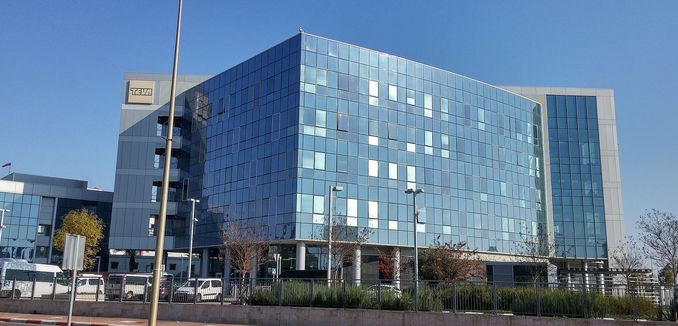Israel-based Teva Pharmaceuticals, the world’s largest generic drug manufacturer, is partnering with chip-making giant Intel to create a wearable device that tracks the progress of Huntington’s disease, Reuters reported Thursday.
While Huntington’s is a degenerative and fatal genetic condition, its symptoms can be treated at different stages. The disease causes a breakdown of nerve cells in the brain, leading to a loss of motor control and ability to think. Patients typically die within 15 to 25 years of receiving the initial diagnosis.
The jointly developed technology platform will track the progress of Huntington’s within patients as part of an ongoing study of the disease. Participants will use smartphones with sensing technology and smartwatches that transmit data about their functioning and movement. The information collected by the devices will be sent to a cloud-based platform, developed by Intel, to assess the disease’s progress.
Reuters observed that the collaboration between Teva and Intel is indicative of the “blurring” of lines between pharmaceuticals and technology, “as companies join forces to tackle chronic diseases using high-tech devices that combine biology, software and hardware.”
Using wearable technology to monitor a patient’s health can provide “value-based healthcare,” as it allows providers to better identify drugs that are effective for large populations of patients, “thereby improving their appeal to cost-conscious insurers,” Reuters wrote. Pharmaceutical companies stand to benefit through initiatives like this by “[offering] services that go beyond routine drug prescriptions.”
In August, Teva acquired two rivals, putting it on the path to produce “one in six prescriptions in the U.S. … one in six in the UK, one in eight in Germany,” according to CEO Erez Vigodman.
That month, Intel’s Haifa development center announced the development of the company’s “fastest ever” processor.
[Photo: דוד שי / WikiCommons ]




